Disco queen Thelma Houston opens up on serving, surviving and slaying five decades with the LGBTQ+ community on the dance floor…
By Elio Iannacci
Photographer: Jones Crow
Make-up artist: Jeff Jones
Few singers have seen the world change – and helped it change – in the ways Thelma Houston has. The 81-year-old talent has been recording, performing and promoting music over the course of 12 US presidents and eight recessions. Her place in music history, while not properly defined by the media or musicologists, is critical for those who view the dance floor as the starting point for movements, protests and societal transformations.
As her cameo in the upcoming BBC documentary, Disco: Soundtrack of a Revolution, can attest, Houston’s place in the genre was not as someone who was simply in the eye of the glittering ’70s storm – she was a forecaster. Working with queer musicians such as Sylvester and singing for LGBTQ+ audiences well before most of her contemporaries caught on to the benefits of doing both, Houston tapped into the community by immersing herself in it. Unlike many of her Motown counterparts – who saw disco as a passing fad – Houston embraced the genre wholeheartedly, releasing the now-legendary album Any Way You Want It in 1976 and unleashing the goliath hit, “Don’t Leave Me This Way” (after cutting three R&B-fused pop albums).
Houston’s non-stop travelling, recording and promoting hasn’t stopped since her disco takeover. She averages 200-plus bookings a year worldwide, most of them for global LGBTQ audiences – crowds she credits for keeping her art “alive, well and kicking.” This year, Houston is powering up once again, riding out the results of her recent, jaw-dropping star turn on The Masked Singer by headlining at Indianapolis, Oakland, St. Petersburg and Toronto Pride. Between rehearsals, touring and taking care of her great-grandkids, Houston chatted with IN about the epic twists and turns of her 56-year career in music.
You’ve recorded more than 17 studio albums – do you have a favourite?
I honestly don’t even know how many I’ve recorded because I have been in the studios since the ’60s, but my very first record, Sunshower, is still my favourite. It was written and produced by Jimmy Webb. I was enjoying it so much because I never felt pressure or anxiety to get a hit. We just went in and cut great songs. I wish all new artists get that same experience. He would ask me if I liked songs before I recorded them – which wasn’t always the case for other projects.
Sunshower has your cover of ‘Jumpin’ Jack Flash’ by The Rolling Stones. Your vocals are so ferocious on it that the bridge sounds like a volcano erupting. How was your throat after you recorded it?
Sore. Let me tell you, that’s the one song that I did not want to sing. I had no idea what it was about but was just told it was about pain, so it sounds very raw. For Sunshower, I picked everything that I wanted to do – which was unheard of for any artist, especially for many Black female singers, at the time. So I thought to myself, ‘Thelma, don’t be – I won’t say the word, but it starts with a ‘B’ and ends with an ‘H’ – and I recorded it with the same sort of passion Mick Jagger had. I’m so proud of that song now because I’ve never sounded that way since.
Recently you were on The Masked Singer and sang ‘Good Times’ in disguise. It was from the hit TV show of 1974. Why this song?
Those lyrics are so perfect for right now. Think about it: ‘Not getting hassled, not getting hustled, keeping your head above water’ – so many people who are having a tough time can relate. This is exactly where so many of us are at right now. It is an anthem for today and so relevant. And I had to sing it in this contraption where I could barely walk!
A track you released in 1972, called ‘Black California,’ is centred on the fight against inequality. Did it feel autobiographical?
Yes. I lived in Mississippi until I was 10 years old – segregated in an all-Black community. I found out that once you cross a bridge, a creek divided the white part of town from the Black part. When I moved to Long Beach, California, I was placed in integrated classrooms, so I found out fast that I didn’t have the same opportunities.
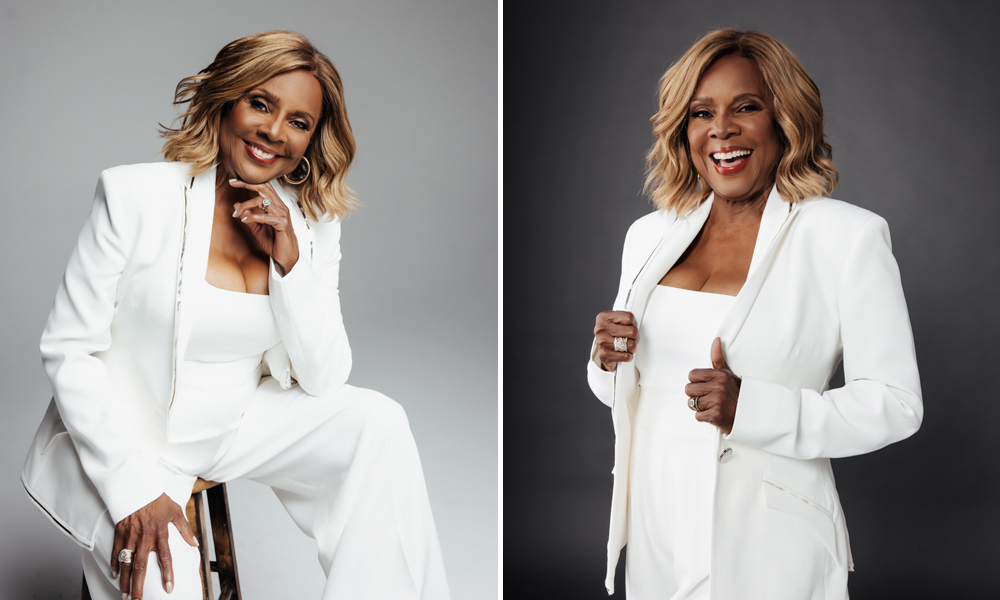
What was the first experience you remember having with discrimination as it pertains to your career?
When the Sunshower album came out – the industry didn’t know how to promote it or me because I was this Black girl wearing an Afro and no shoes and singing uplifting songs. They felt I should be singing sad songs and blues only. My songs didn’t get promoted, and it came down to the fact that they thought Blacks should only sing R&B and whites [should] sing pop and rock and roll and country. So that was my rude awakening.
Your hit disco song, ‘Don’t Leave Me This Way,” is still charting after it was released 48 years. Is it a badge of honour?
Oh yes. Every time I perform it, I get that feeling of accomplishment, of overcoming the obstacles because people – from all walks of life – sing along and audiences are always waiting for me to sing it when I get on stage. When I do sing it, I don’t think of a man who I am begging to come back to me – I have never and will never be that kind of woman. In real life, I would never say ‘Don’t leave me this way’ to anyone.
Few people know that your version of ‘Do You Know Where You’re Going To’ – the theme song from Mahogany– is the original. Were you upset when the record company stopped it from a wide release and gave the song to Diana Ross?
At the time, Motown said they didn’t think the song was that good. What hurt me was that the only thing that was changed for the Mahogany soundtrack was a couple of lyrics. Other than that, it’s the exact same song – sung my way. So, yeah, that was very hurtful to me. They ended up releasing [it] in Europe long after I had left the label.
What did you learn from that experience?
I didn’t let it define me. You cannot let things like that crush you because it happens a lot in this industry. You cannot stop working when you get rejected. I motivated myself to keep going.
You have so many songs that are way ahead of their time – songs like ‘Cheap Lovin’’ and ‘Midnight Mona.’ You were talking about women being really sensual before so many other people. Did you feel like a feminist pioneer?
I was mainly just hunting for good stories. Donna Summer’s ‘Love to Love You Baby’ was a very successful song and it did not have a lot of lyrics. Very few people are able to carry that off, and she was one of them. I have to have a point of view and a song that sounds like a novel – one that has a beginning, a middle and an end. I was raised by a very independent woman. My mother was very liberated and she was self-reliant and a single mother, and she raised me and my two sisters. So my image of women was always strong because my mom was my guide.
How would you describe the character in ‘Midnight Mona’ and ‘Cheap Lovin’’?
She’s like, ‘Well, I’m choosing my fate. I’m dealing with these men, and I could leave them or not, and I am my own woman.’ I have friends that feel their life is not complete if they don’t have a partner in their life. That’s kind of sad. It’s great to have a man, but then also, if you don’t have it, that doesn’t mean life is terrible.
Do you think it is especially challenging for relationships to flourish as an artist?
Honey, I had three marriages. I hate to talk about them because they’re all passed away, rest in peace. My first marriage – and the father of my children – didn’t work because we were both way too young. I was 18 and he was 19 and [we] had a child right away!
What advice would you give to singers who are thinking about getting into a serious relationship?
People are not always truthful. If the person you’re with doesn’t know all the rules that come with being with a singer or an artist – especially one who tours – it’s really going to be hard for them to be away from you. Your career shouldn’t be a problem.
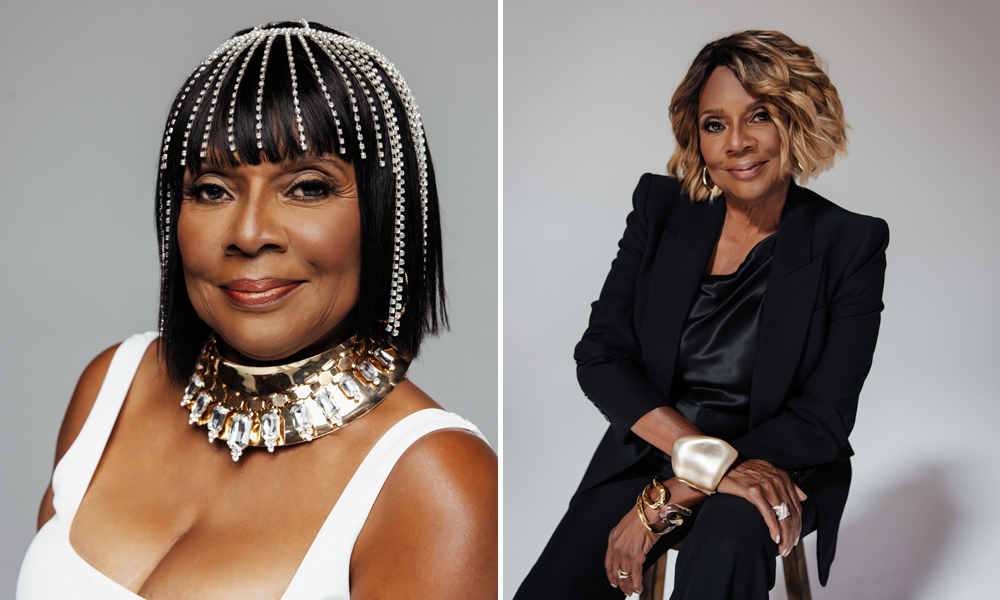
One of the reasons why the LGBTQ community is drawn to you is that you have always been so honest. Is it hard to always be so straightforward?
It’s easier to be truthful than it is to lie. It’s much easier to just be who you are.
When you look back at the decades of how you celebrated Pride, what comes to mind?
There’s a lot of work that needs to be done. We’ve made a lot of progress, but there’s so much more to go. You know? There’s still so much to learned from someone like [disco singer] Sylvester. Whenever I hung out with him, it was always the same. He was very dedicated to his community and to his art, and still managed to be a very good person. He didn’t let the lack of progress get him down.
What other queer artists would you say have had a great impact on your art and life?
A friend I grew up with named Clifford Peterson – he was a well-known hairstylist. When I was a kid, I remember that he was always styling his aunt’s, niece’s and mother’s hair, and he turned to be one of the greats here in Hollywood. He helped me with looking at fashion. There has not been anyone like him for me since. My makeup person, Rudy Calvo, really understood how to make me look as good as I felt.
Barbra Streisand has said that early collaborators who were queer were the only ones who helped her realize her own beauty. Was it the same for you?
Well, I never thought I was ugly, honey [laughs]. I would have a lot of self-doubt about my music but the gay men I had around me were like a pep rally. They would always be very direct with a ‘Oh girl, this is fabulous,’ or ‘Keep your head up,’ or they’d turn around and spell it out with a ‘This song or outfit ain’t it, girl – it’s not going to work.’ You need that honesty in this business.
Speaking of honesty, let’s talk about your track, ‘Stealing in the Name of the Lord.’ It has lyrics that talk about a ‘lying,’ ‘parasite’ preacher figure who’s asking for money from his congregation but offering nothing but empty promises. Do you think this song accurately reflects what America is still going through?
Yes, specifically about the hypocrisy in the church. I do still see it going on with people like Donald Trump [the former president is currently selling Bibles to fund his campaign]. Even though there are Christian people who don’t necessarily believe that he is a great person, they support him because they feel that he’s going to [get] some of the things done that they want to see done – like abortion rights.
You re-recorded the song ‘Love Train’ by the O’Jays. Why?
It’s just as relevant because I truly believe love is the only superpower that can knock out all that deception. The lyrics to ‘Love Train’ are so uplifting, and when I do it live, the crowd loves it.
When Jimmy Somerville released his version of ‘Don’t Leave Me This Way,’ it was dedicated to Margaret Thatcher [British prime minister at the time] in order to critique her. What do you remember the most about his interpretation?
I never saw his video or knew the politics, but I think going to one of his shows and shocking him during his live version of ‘Don’t Leave Me This Way’ is what I remember most. His manager gave me a microphone and we hadn’t told Jimmy I was there, but I walked to the stage while he sang it and joined him. What a good moment. He didn’t say, ‘Shut up’ – he was great. It went over really well.
ELIO IANNACCI is an award-winning arts reporter and graduate student at York University whose research interests include ethnomusicology and gender studies. He has contributed to more than 80 publications worldwide, profiling icons such as Barbra Streisand, Lady Gaga, Aretha Franklin and Beyoncé. His academic work is supported in part by funding from the Social Sciences and Humanities Research Council.

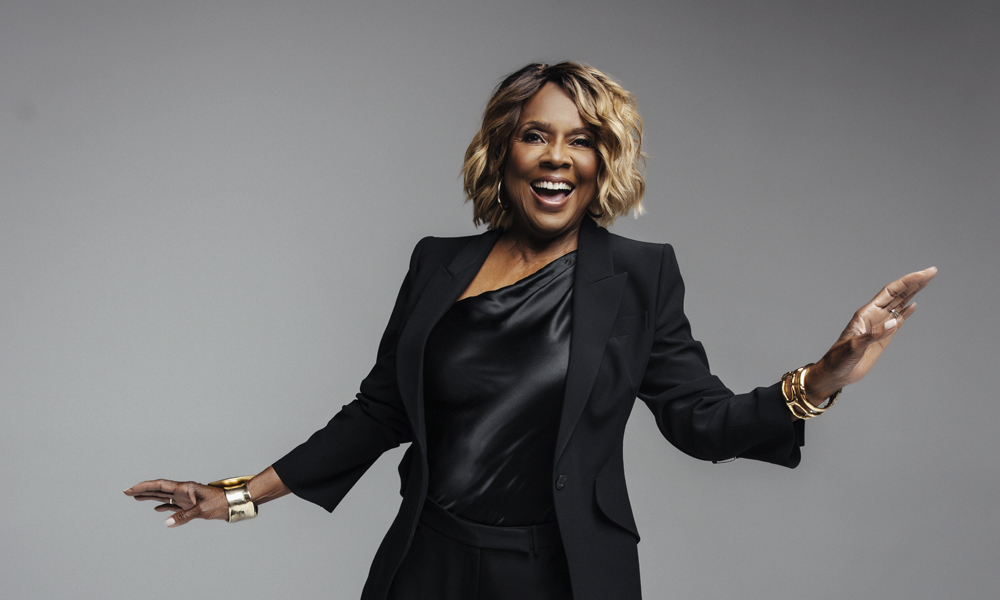

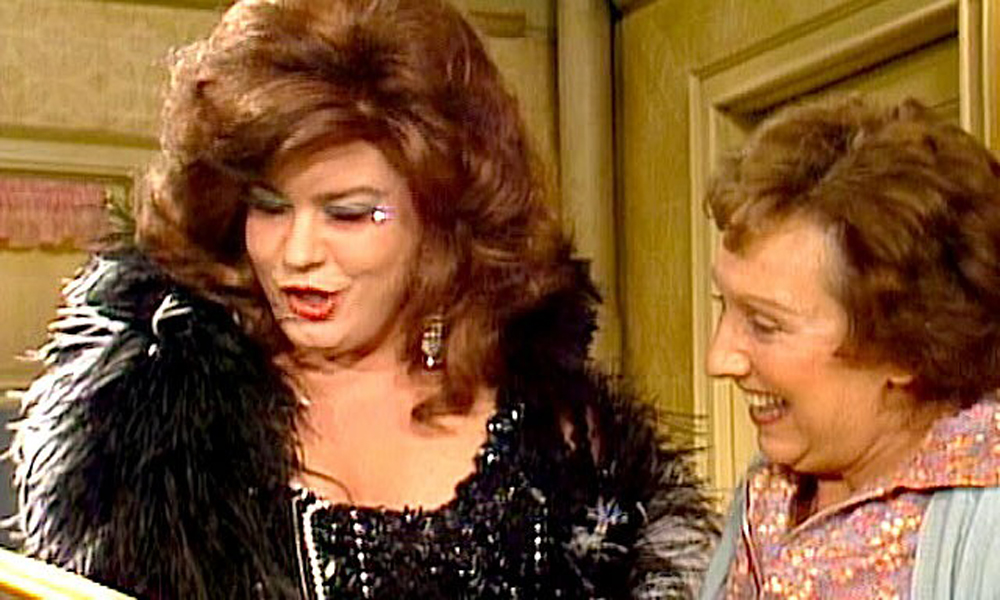
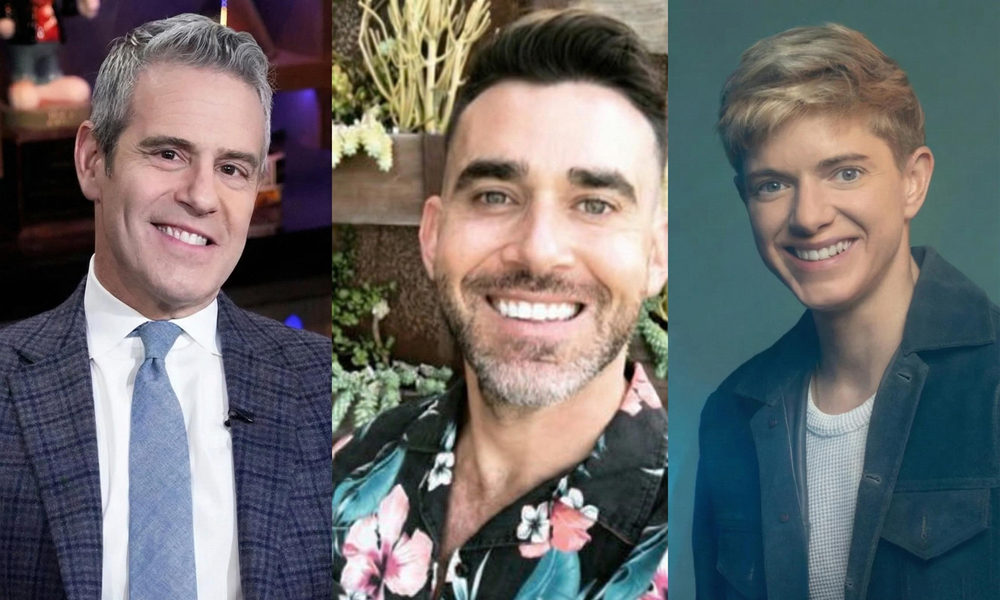
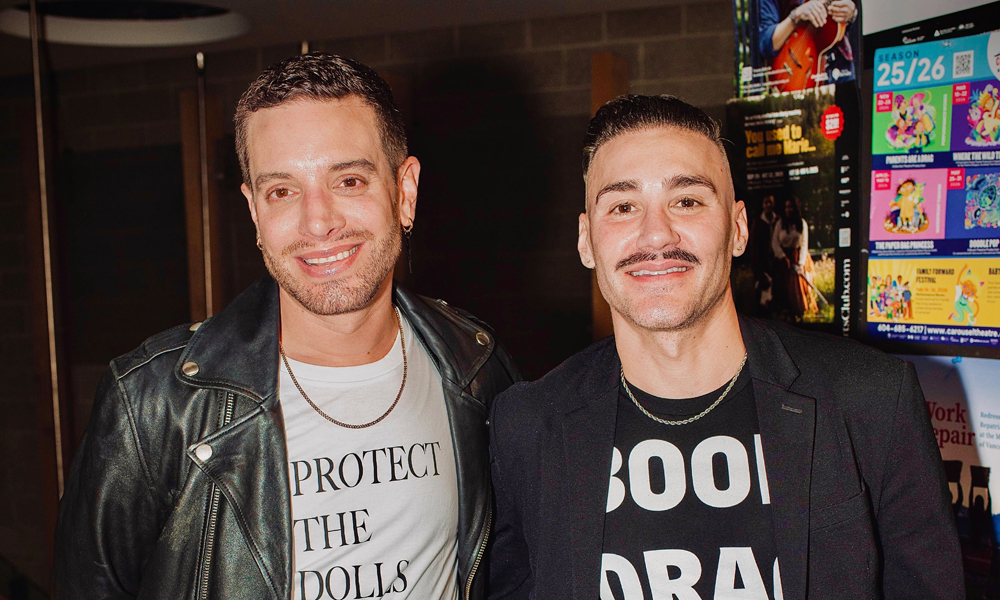
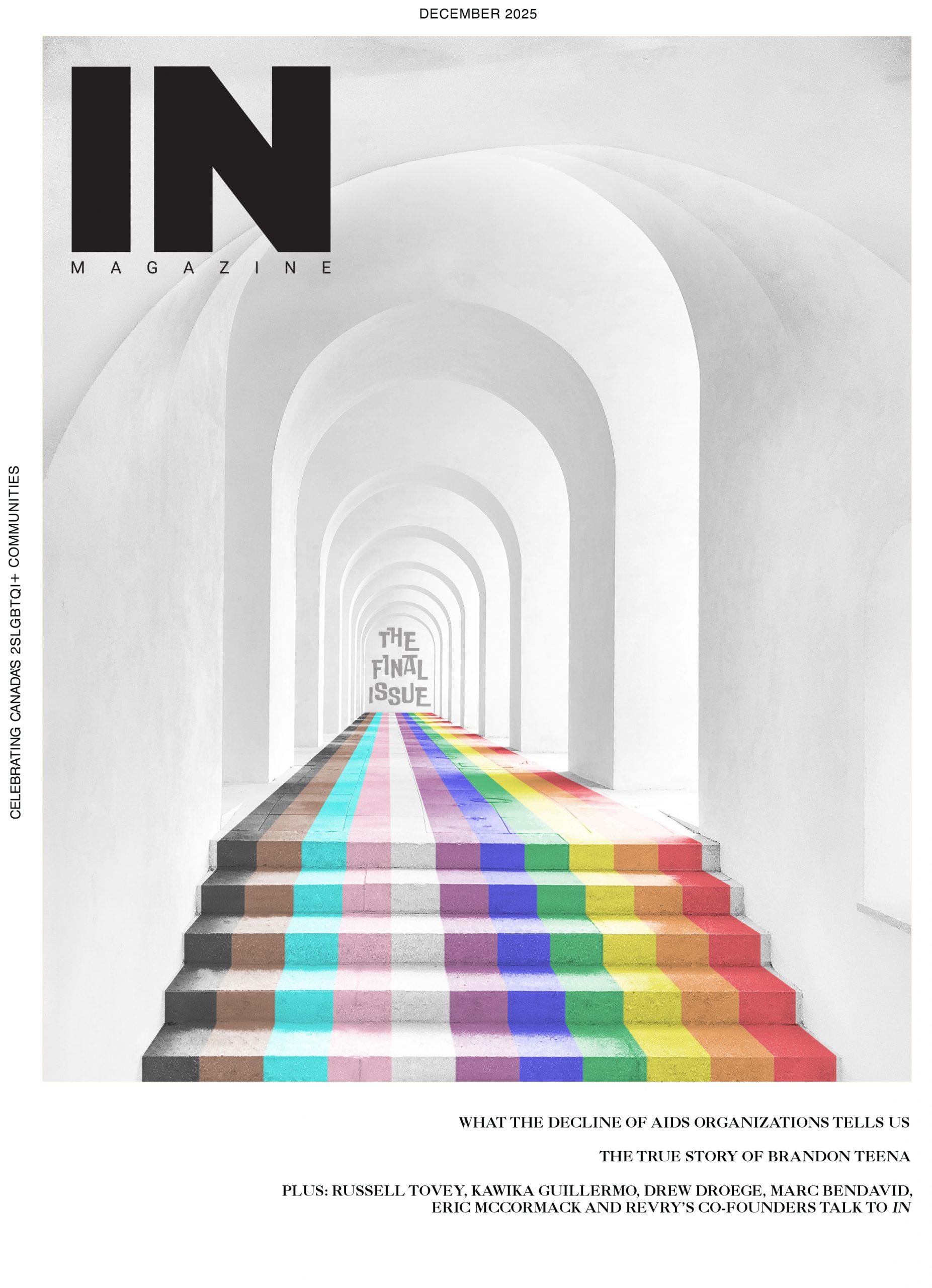
POST A COMMENT